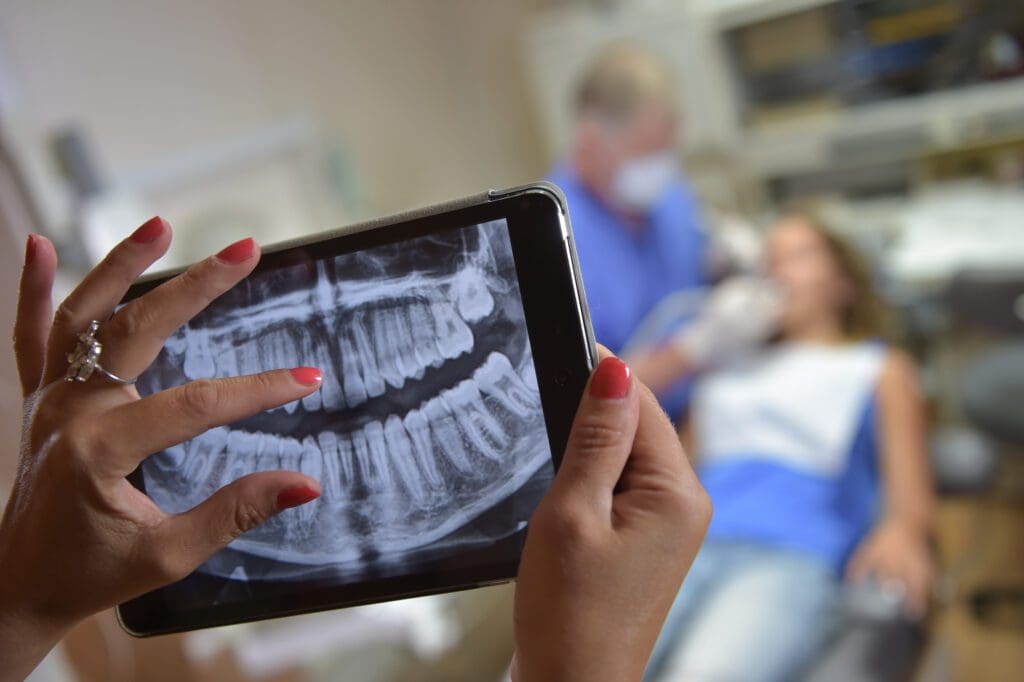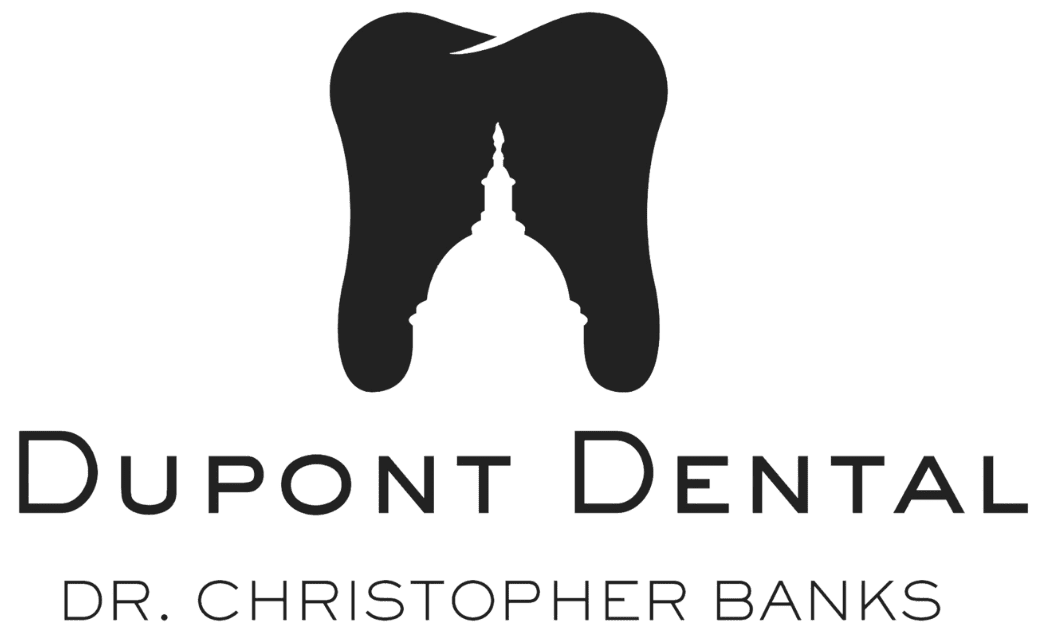There are many reasons why you might need a tooth extraction. We may require extractions to remove impacted teeth, severely decayed or infected teeth, or damaged teeth that cannot be repaired. While many patients fear the pain and discomfort associated with extractions, we ensure patients are comfortable throughout the extraction process.
At Dupont Dental, tooth extraction treatment in our Washington, DC office helps patients prevent future dental problems and the need for complex treatments. Tooth extraction is one of the general dentistry treatments we provide to the public in DC.

Tooth Extraction Treatment in Washington, DC
During a simple tooth extraction, we use forceps to rock the tooth until it is freed. If the tooth is below the gum, we make a small incision in your gum to reveal the tooth. Some extractions require only local anesthesia, while others may require nitrous oxide. You can expect protective blood clots to form over the extraction sites.
These clots protect the nerves in the tooth socket and prevent problems like dry socket. After two to three days, the swelling should subside. If you needed stitches, your dentist could remove any remaining stitches about one week after your extraction. Keeping your mouth clean and following our instructions will make healing more comfortable.
Can You Eat After a Tooth Extraction?
After tooth extraction, we recommend sticking with soft foods for a few days and avoiding hard or crunchy foods. Some common foods we recommend can include:
- Applesauce
- Mashed potatoes
- Yogurt
- Smoothies
During extraction recovery, you should avoid the following:
- Brushing hard at the extraction site
- Eating sharp or pointy foods
- Using a straw
What is Dry Socket?
After an extraction, your body naturally forms a protective blood clot over the extraction site. This blood clot protects your nerves and bone from being exposed. However, if the blood clot is dislodged, it can lead to a painful condition called dry socket. You can reduce your risk of developing dry sockets by avoiding smoking cigarettes and by avoiding straws, as they can dislodge the clot.
Call Our Washington, DC Office
Receive comfortable treatment to relieve tooth pain and discomfort today. Call Dupont Dental at (202) 946-4720 or schedule your next dental appointment with us online.
